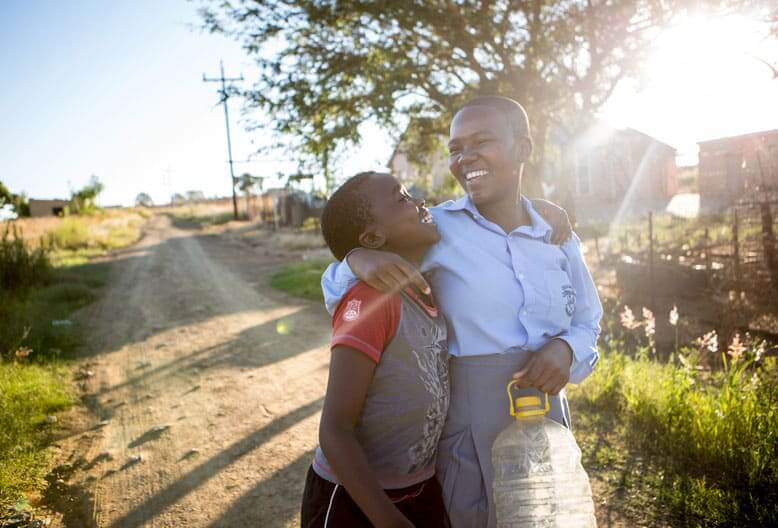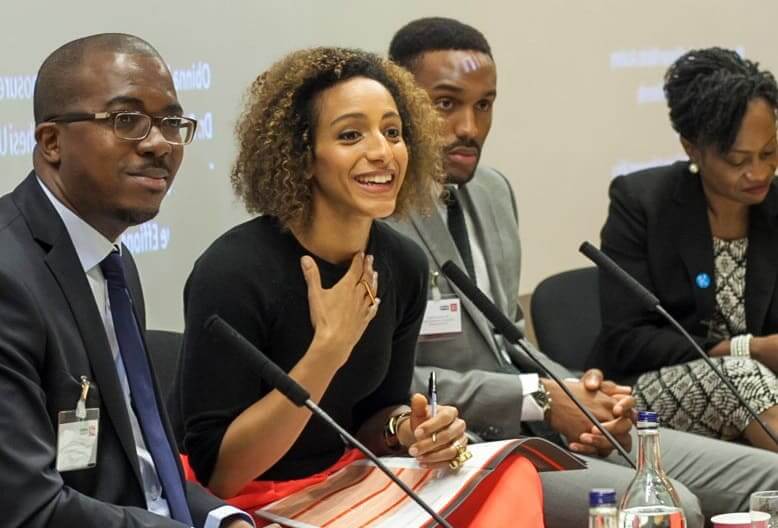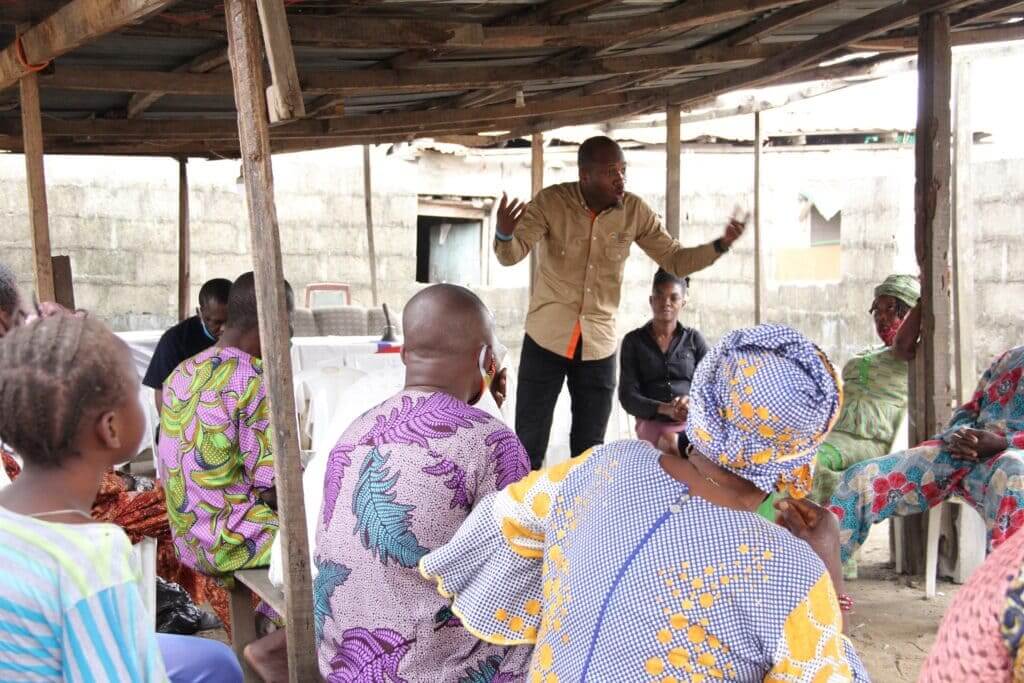By: Nche Tala Aghanwi
Published January 2nd 2019
The crisis in Cameroon which initially began as simple protests has today become a full blown civil war in a region in Africa which is already suffering from numerous conflicts. The Ambazonian war of independence as many now describe is a war between the government of Cameroon and Anglophone separatist also called Ambazonians. These separatist have as their leader Sisiku Ayuk Juluis Tabe a charismatic leader widely deemed as a moderate in the separatist movement which is characterized by many persons with hard-line stance.
A military court in Cameroons capital city Yaoundé has handed down life sentences to the separatist leader and nine members of his cabinet on charges which included terrorism, secession and rebellion in a trial which can be described as a TOTAL SHAM. The separatist leaders sang protest songs as the sentences were being handed down after a long drawn trail which lasted for more than a year. The Anglophone leaders were in addition given a $350 Million fine after an all night court sitting. These sorts of trials lacking in fairness are very typical of the Cameroonian government. Given that the judicial system has been structured to serve government interest, ensure any opposition against the almost half a century old Biya regime is bitterly crackdown without any possibility for a fair and just trial. Reason why the majority of Cameroonians have lost faith in the integrity of the countries corrupt judges.
The Africa Science Diplomacy and Policy Network maintain its stance that the court proceedings against the separatist leaders since it began have been flawed and lacking every characteristics of a fair trial. We continue condemning government actions in prisons hosting Anglophone separatists which include discrimination against detainees of Anglophone extraction, torture of Anglophone detainees, sleep deprivation, poor nutrition and food deprivation, overcrowding in cells etc. All actions which completely goes against Article 1 of the convention against torture which states as follows; “… any act by which severe pain or suffering, whether physical or mental, is intentionally inflicted on a person for such for such purposes as obtaining from him or a third person information or a confession, punishing him for an act he or a third person, has committed or is suspected of having committed, or intimidating or coercing him or a third person, or for any reason based on discrimination of any kind, when such pain or suffering is inflicted by or at the instigation of or with the consent or acquiescence of a public official or other person acting in an official capacity. It does not include pain or suffering arising only from, inherent in or incidental to lawful sanctions.”
Going therefore by the above convention and its definition of torture, and also taking in to consideration the reality of arbitrary pretrial detention in Cameroon which does not amount to “lawful sanction’, the ASDPN is inclined to hold that the conditions in prisons hosting Ambazonian separatists like Kondengui, and New Bell which inflict physical and mental suffering on detainees like Sisiku Ayuk Tabe and Co, tantamount to torture. We have documented several cases of torture in Cameroon prisons metedout against Anglophone protesters. Lawyers of Sisiku Ayuk Tabe and his nine co accused have on several occasions spoken out in condemnation of their prison conditions. Our Executive Director has written extensively to Cameroons Minister of Justice demanding reforms which till date are not forthcoming.
Due to the torturous conditions these detainees have been subjected to, ASDPN has documented several cases of detainees who have suffered mental breakdown and permanent psychological trauma. Most of the detainees we spoke to were protesters from the Anglophone regions who were lucky to have been released. They didn’t hesitate narrating their ordeal in the Kondengui Maximum security prison and the New Bell prison. What was common in their narrative was the severe torture often in chains, sleep and food deprivation, overcrowding, water shortage and extremely poor hygiene.
In January 2018, Ayuk Tabe was arrested with 46 other separatists in a hotel in the Nigerian capital, Abuja, allegedly by Nigerian special forces. They were then handed over to Cameroon – a move which the Africa Science Diplomacy and Policy Network qualified as a blatant violation of the rights of refugees by the Nigerian government. Our position on this matter was supported by a ruling by a Nigerian court who qualified the handover as illegal.
The case between Sisiku Juluis Ayuk Tabe, the nine others and the state of Cameroon has lacked fairness one of the many reasons being the decision of the Cameroon government to use a military court to try civilians. Our position has also been that this is unacceptable.
It is sad that the Cameroon government have chosen not to heed to our several calls of appeasement and the urgency to organize a genuine inclusive dialogue to end the present political deadlock in the country. Cameroon using its courts has rather chosen a path which without doubt will anger Ambazonian separatists and escalate the present conflict.
The ASDPN continues to demand that government respect the rights of all prisoners, that all trails be conducted in all fairness, and that government should organize a genuine, inclusive dialogue with all parties to the present conflict.





